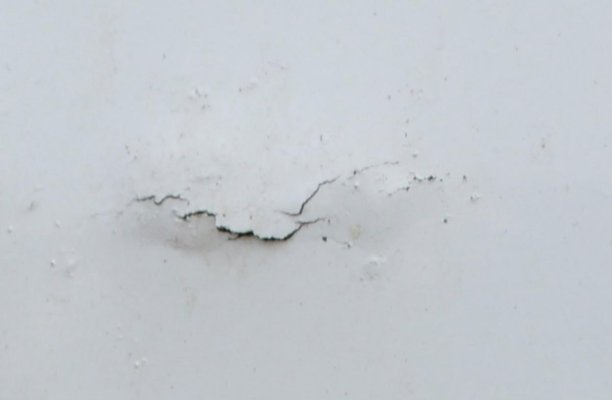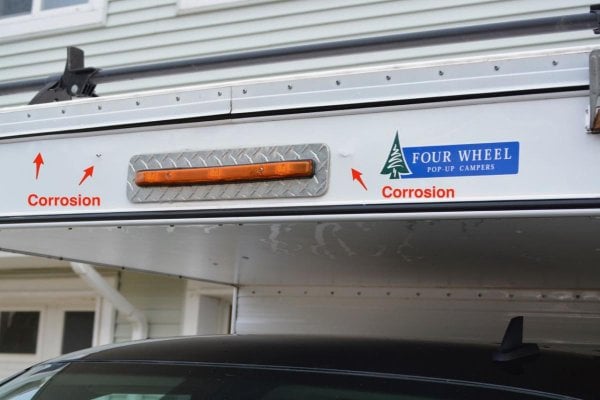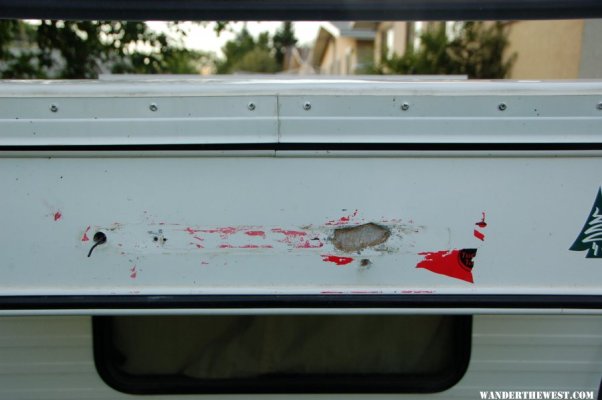Bill D
Senior Member
To say the least, I'm unimpressed with FWC both in terms of product quality, company product research and customer service.
-FWC factory warranties are not transferable
2.1. Who May Use this Warranty?
[SIZE=11pt]This limited warranty extends to the original consumer purchaser only. It does not extend to any subsequent owner or other transferee of the truck camper. [/SIZE]
-If you install your own camper you void all warranties
Can the customer do their own installation?
At one point that was possible, but with the more complicated trucks now on the market it is no longer advisable to try to do your own install. The factory now expressly notes that a self-install will void all warranties.
-FWC propane tanks sold in Canada are not legal to be refilled in Canada.
Service:
I purchased a preowned 2013 FWC in Feb 2015 it was about 16 months old. I had intended to purchase a brand new unit from the dealer in Canada. I had an appointment set up to make the purchase. The day before I was to leave for my appointment a very new pre-owned became available for sale en route, which I purchased. The dealer refused to install it for me. I assume he was bitter that he lost a sale, but stated it was because there could be issues.
Quality:
July 2016 I started this thread due to corrosion on the aluminum front of the camper. I went ahead and dealt with the issue on my own by covering the corrosion with checker plate, which is outlined in the thread. A year later, I am facing more corrosion. It's obvious that the only solution is to replace the entire aluminum facing on the front of the camper. I contacted FWC and stated I was the second owner. This is the response I received.
"Unfortunately the warranty doesn’t extend beyond the original owner."
I was offered to have the repair labour done for $525 USD in California which is 1500 miles away from me.
Research:
Last summer I went to refill my propane cylinder as a Costco in Canada and the attendant informed me that he could not refill them because they do are not TC (Transport Canada) certified. They are DOT certified. I though the attendant did not know what they were talking about. I contacted Transport Canada and gave them all the info on the tanks. It is not legal to refill them in Canada. In addition they can not be re-certified to be used in Canada.
I contacted FWC about this and this is the first they had heard of this issue. Their solution was for me to wait 3-4 weeks for them to source TC certified tanks which I would then have to pay for shipping, if it was even possible to ship them to me.
To my knowledge FWC is still shipping DOT certified tanks to Canadian customers.
I'm sure FWC will see this post and as big of a fan as I am of the product, I feel that the business needs development, particularly for those outside of the US. Driving to the factory isn't practical for many of us.
My goal is help those who plan on dropping $20K on a pre-owned unit. You may want to think twice or at least know what you are getting yourself into.
-FWC factory warranties are not transferable
2.1. Who May Use this Warranty?
[SIZE=11pt]This limited warranty extends to the original consumer purchaser only. It does not extend to any subsequent owner or other transferee of the truck camper. [/SIZE]
-If you install your own camper you void all warranties
Can the customer do their own installation?
At one point that was possible, but with the more complicated trucks now on the market it is no longer advisable to try to do your own install. The factory now expressly notes that a self-install will void all warranties.
-FWC propane tanks sold in Canada are not legal to be refilled in Canada.
Service:
I purchased a preowned 2013 FWC in Feb 2015 it was about 16 months old. I had intended to purchase a brand new unit from the dealer in Canada. I had an appointment set up to make the purchase. The day before I was to leave for my appointment a very new pre-owned became available for sale en route, which I purchased. The dealer refused to install it for me. I assume he was bitter that he lost a sale, but stated it was because there could be issues.
Quality:
July 2016 I started this thread due to corrosion on the aluminum front of the camper. I went ahead and dealt with the issue on my own by covering the corrosion with checker plate, which is outlined in the thread. A year later, I am facing more corrosion. It's obvious that the only solution is to replace the entire aluminum facing on the front of the camper. I contacted FWC and stated I was the second owner. This is the response I received.
"Unfortunately the warranty doesn’t extend beyond the original owner."
I was offered to have the repair labour done for $525 USD in California which is 1500 miles away from me.
Research:
Last summer I went to refill my propane cylinder as a Costco in Canada and the attendant informed me that he could not refill them because they do are not TC (Transport Canada) certified. They are DOT certified. I though the attendant did not know what they were talking about. I contacted Transport Canada and gave them all the info on the tanks. It is not legal to refill them in Canada. In addition they can not be re-certified to be used in Canada.
I contacted FWC about this and this is the first they had heard of this issue. Their solution was for me to wait 3-4 weeks for them to source TC certified tanks which I would then have to pay for shipping, if it was even possible to ship them to me.
To my knowledge FWC is still shipping DOT certified tanks to Canadian customers.
I'm sure FWC will see this post and as big of a fan as I am of the product, I feel that the business needs development, particularly for those outside of the US. Driving to the factory isn't practical for many of us.
My goal is help those who plan on dropping $20K on a pre-owned unit. You may want to think twice or at least know what you are getting yourself into.



